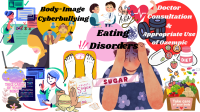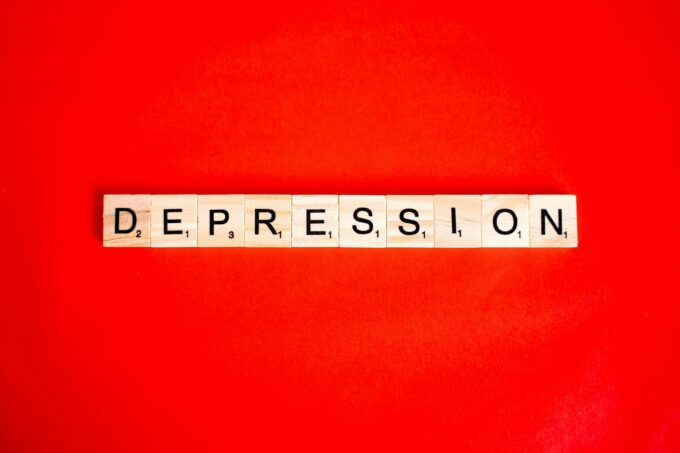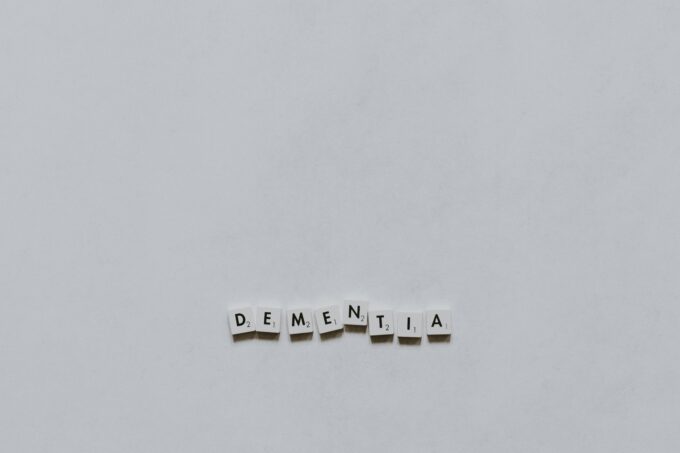We have entered an era where the focus on Mental Health has been more prevalent, and discussions more open and welcomed. The conversations happening in the world among all age groups to help create awareness, understanding and to educate in hopes of removing the stigma surrounding this are making a difference.
But what do we mean when we say Mental Health? Let’s first understand what Health is. This isn’t simply the absence of an illness or disease but rather a state of complete physical, mental, social and even spiritual well-being. And Mental Health refers to a person’s emotional, psychological and social well-being.
Our Mental Health Covers These Key Areas
- Emotional Health: How we feel, our ability to understand, use and navigate our emotions, and the meaningful experiences we have in our lives.
- Cognitive Health: The way in which we think, learn and remember clearly. It helps us with our planning, decision making, socialization and communication.
- Behavioural and Social Health: This has a lot to do with the way people interact, our sense of belonging and how we function when faced with stressors and crisis.
- Physical Health: This can at any time be impacted by the state of our mental health.
This is an area of many layers. It’s of utmost importance to begin with a reminder: when it comes to our mental health being affected, none of us are exempted. It affects all ages, genders, races, social, educational, economic and religious backgrounds. It also has a hereditary characteristic which is why it’s important to know your family history.
We are human beings before any of our labels, titles or accomplishments gained throughout our life.
Human beings are emotional creatures by nature and we all experience emotions: both positive and negative on a daily basis, and in accordance to what triggers them. Everyone also experiences stress regularly.
When it comes to talking about emotions it can be tricky at times because there are moments when you may feel like you don’t fully understand what you’re feeling or why, or how to cope with that. But what exactly is an emotion? It’s described as a short-lived and intense feeling brought about by an event – whether positive or negative. With that in mind, it’s easier to understand that we don’t need to exist in a constant state of feeling a particular emotion. We feel according to what is happening, which also means that we can experience various emotions throughout the day and have moments where we feel “neutral.”
Stress can be looked at in a similar way. There is good stress and bad stress. It may sound bizarre to say “good” stress, but this is our flight or fight response and situations that allow us to grow. There are many positive situations that can be stressful such as a promotion or new job, moving to a new home, taking on a new venture, starting a family and so many more. Where it is not good is when we are experiencing negative stress for prolonged periods of time. When this occurs and we are not properly able to cope with it, then it starts to take a toll on us mentally, emotionally and physically. We are usually aware of the emotional and mental pull it may have but many times we overlook the physical which has very serious and sometimes irreversible consequences.
However, when there are situations that cause us to feel prolonged negative emotions and stress, when we are unable to understand and work through what we’re feeling, and when we continuously suppress, repress, ignore or brush them aside – either because we haven’t had the space to deal with them, or they’re too overwhelming to sit with or even simply be cause we’re unsure how to go about doing this, it begins to affect all aspects of our overall health and may lead to developing conditions such as anxiety, depression and insomnia. Some people use or abuse substances as a coping mechanism or escape. It is important to note that everyone experiences things differently in life. There are multiple factors that determine how a person can perceive, feel, cope and respond to situations, triggers, stressors or simple life events. This means that the way to manage and heal will also look different from person to person. This is to emphasize the importance of never comparing yourself to others and what they’re going through, how they’re coping, and to never think that your life events aren’t important because “someone always has it worse than you.” Let’s also keep this in mind when others open up to us and not just see it through the lens of how we may feel and respond.
Children can be affected by a dysfunctional home, abuse, learning disabilities, bullying and much more. The elderly with dementia, neglect or abuse, to mention a few.
Being able to manage our stress and emotions is a vital part of coping with life, and there is nothing wrong with asking for help if you’re unsure how to. The greatest thing we can do is equip ourselves with the knowledge to help make our lives better. There are many activities and healthy outlets that we use for ourselves according to what works best for us, but reaching out to someone for guidance, to listen without judgement and to provide us with a safe space to heal is also key.
We are always going to be a work in progress – learning to be who we may have needed in our past, to be the best version of ourselves today and for our future. Change is inevitable and a beautiful thing. Let’s teach our young ones to acknowledge their feelings, to talk about them and learn to understand them. Let’s teach our boys and men that they’re allowed to feel, cry, talk, be vulnerable and get help without it being seen as weakness. There is strength in understanding oneself and learning to be a better person every day.
And dear reader, don’t forget to be kind, respectful, caring, patient and understanding with yourself and others.













